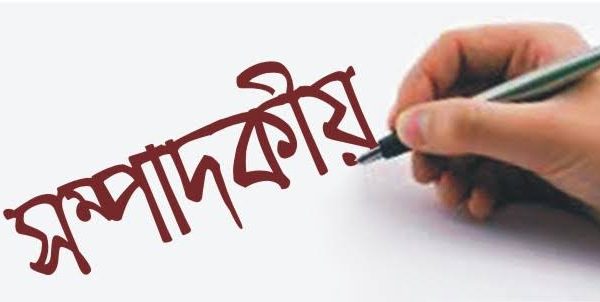Coaching centre menace must be stopped

- Update Time : Wednesday, October 30, 2019
- 267 Time View

COACHING centres continuing to run in violation of a government order to remain closed for the duration of the Junior School Certificate and equivalent examinations is concerning. This suggests a lack of enforcement of law. The education minister on October 13 announced that all coaching centres would remain closed in October 25–November 18 so as to ward off question paper leaks as many coaching centres in the past were found involved in question leaks, raising concern among educationists, guardians and students. But violating the order, or taking advantage of a slack enforcement of the law, many coaching centres, as New Age reported on Tuesday, continue to run. Only in the capital, more than a dozen coaching centres are still in operation. Most of them are, however, running without sporting any signs to avert legal problems. Along with them, many school teachers also continue to offer private tuition at their houses.
While the government should look into the issue, it should also look into other issues that could be linked to question paper leaks because only coaching centres could not lay their hands on question papers before examinations unless people involved in the preparation, printing, carrying and distribution of the question papers are involved in the process. Coaching centres also need to be closed because of detrimental impact that they create on education. Educationalists have for long blamed coaching for a decline in the quality of classroom teaching. Students are often compelled to attend coaching classes as authorities and teachers in many schools are, in one way or another, involved in some sort of coaching business. Coaching centres also contribute largely to an increase in discrimination by way of the rich-poor divide. Moreover, coaching centres have an impact on the mental health of students as hectic schedule of coaching classes, before or after school hours, may impair the sound growth of students. The education system heavily based on coaching centres, in fact, has led to an over-commercialisation of education, with all its concomitant ills. Guardians and students, faced with inadequate classroom teaching, find themselves forced into the crowded corridors of coaching centres.
The authorities concerned, in such a situation, must not allow coaching centres to run in the stipulated period and punish the offenders. At the same time, the government must shore up the issues regarding coaching centres and its impact on education and act accordingly. Classroom teaching must be prioritised and facilitated to save the education sector that is mired in problems, dominance of coaching centres being a major one among them.


















